We're in our recovery era
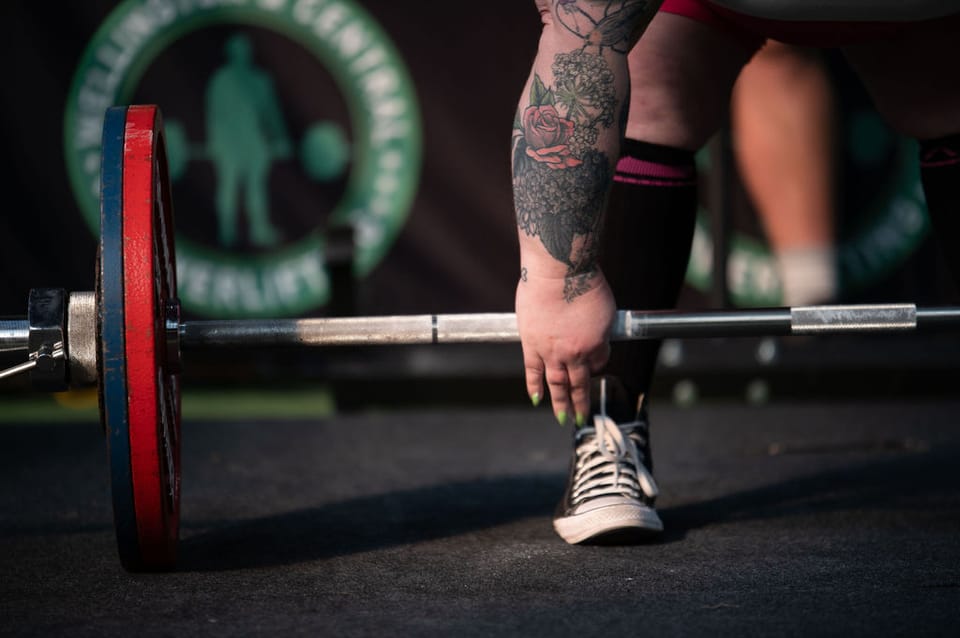
I don’t really get sore after lifting anymore.
When I said this to a friend recently, she laughed: “You’re obviously not working hard enough.”
It was a joke—but the kind that hits a little close to home.
Happy weekend, friends—Megan here. After a big weekend of lifting, Carl and I are feeling a bit cooked, so recovery’s top of mind (and yep, we went down a rabbit hole).
That joke got me thinking about how much my mindset has shifted. I used to see soreness—DOMS—as a badge of honour. Now, I care just as much about how well I recover as how hard I train. So while Carl’s covering the science this week, I thought I’d share what recovery really looks like for me these days.
When I first started lifting, I secretly loved that feeling when you sit down and then have to steel yourself to stand back up because everything hurts.
It felt like proof I was doing it right. DOMS—Delayed Onset Muscle Soreness—was something to chase, a sign that my muscles were working and my sessions were paying off.
If I were more cynical, I might say there was something deeper going on: a belief that soreness was a kind of penance for all the ways my body isn’t “perfect.” That old “no pain, no gain / pain is weakness leaving the body” nonsense that kept me out of gyms for years.
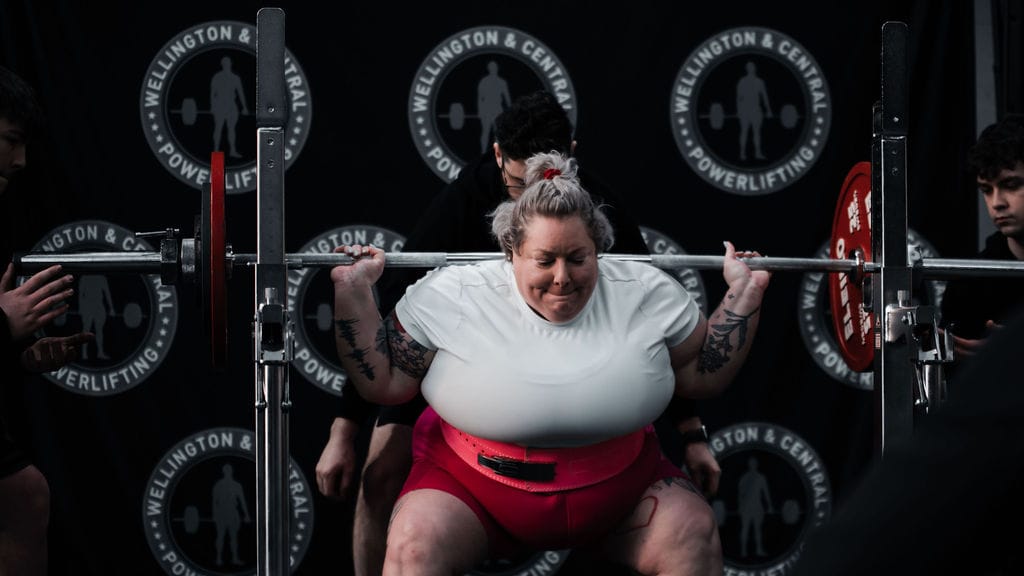
A few years into this, I’d much rather push myself hard—to failure, even—but match that intensity with just as much care and intention when it comes to recovery.
Carl’s got the science (he just posted on Insta about how important carbs are for recovery), so I’ll focus on what works for me when it comes to giving my muscles a break.
Let’s say I’ve had a big squat session - lifting close to my max and throwing in a bunch of accessories. First thing I do when I get home: eat something. I focus on carbs and protein. If it’s close to dinner, great. If not, I have a snack - a hard boiled egg and some toast, cheese and crackers, yoghurt and fruit, even potato chips with Greek yoghurt dip.
The body needs protein to repair and grow muscle—but it also needs energy (hello, carbs) to do that work.
I’m not a professional athlete. I’m a 47-year-old woman who likes to lift heavy things and feel strong in her body.
Then comes rest - and by that I mean both sleep and stress management. After a heavy session, I try to do things that calm my nervous system: mindfulness, deep breathing, zoning out to Beautiful People Blowing Things Up™ (aka the MCU), reading, knitting.
I’m not heading straight back to my laptop to doomscroll or answer emails. And I try to get as much sleep as I can, because nothing beats sleep when it comes to recovery. Learning to sleep better has been a really key part in addressing my health in the past 5 years.
Despite knowing better, I hate foam rolling. So I don’t. Instead, I get a massage every few weeks when the knots in my muscles start to build up, and I try to do a little mobility every day. Sometimes that’s cat-cows next to my bed in the morning, sometimes it’s 20 minutes on the mat after work.
The hardest lesson, and one I am still trying to learn? More isn’t always better. I aim for four gym sessions a week. So if I go heavy on squats Monday, I’m not pulling heavy deadlifts Tuesday. It’s upper body, cardio, or something lighter—because those hamstrings need time to recover. And I don’t need to be in the gym 6 days a week to make gains. Honestly, that’s probably counter-productive.
Of course, all of that is the A+ version. Some weeks, I follow a big squat session by meeting friends at the pub, and eat fries for dinner. Cos that’s how life works. I’m not a professional athlete. I’m a 47-year-old woman who likes to lift heavy things and feel strong in her body. And a social life matters for your health too!
But I still carry echoes of that “no pain, no gain” mindset. A part of me wants to reward myself for working my body into the ground. What I’ve learned over the past five years, though, is that tuning in to my body—knowing when to push, when to pause—is the bigger win. Because no one builds strength by working so hard they keel over. .
As for the science behind all this - especially why I hate foam rolling so much - Carl can explain that bit.
Carl: Firstly, this has never been more relevant for me. Post competition, I'm fried. My neuromuscular system is toast. Tired, heavy legs, a little unmotivated, all signs that its time to prioritise recovery this week. That doesn't mean rest, it means get the basics right, move with low intensity, volume and load and lots of play.
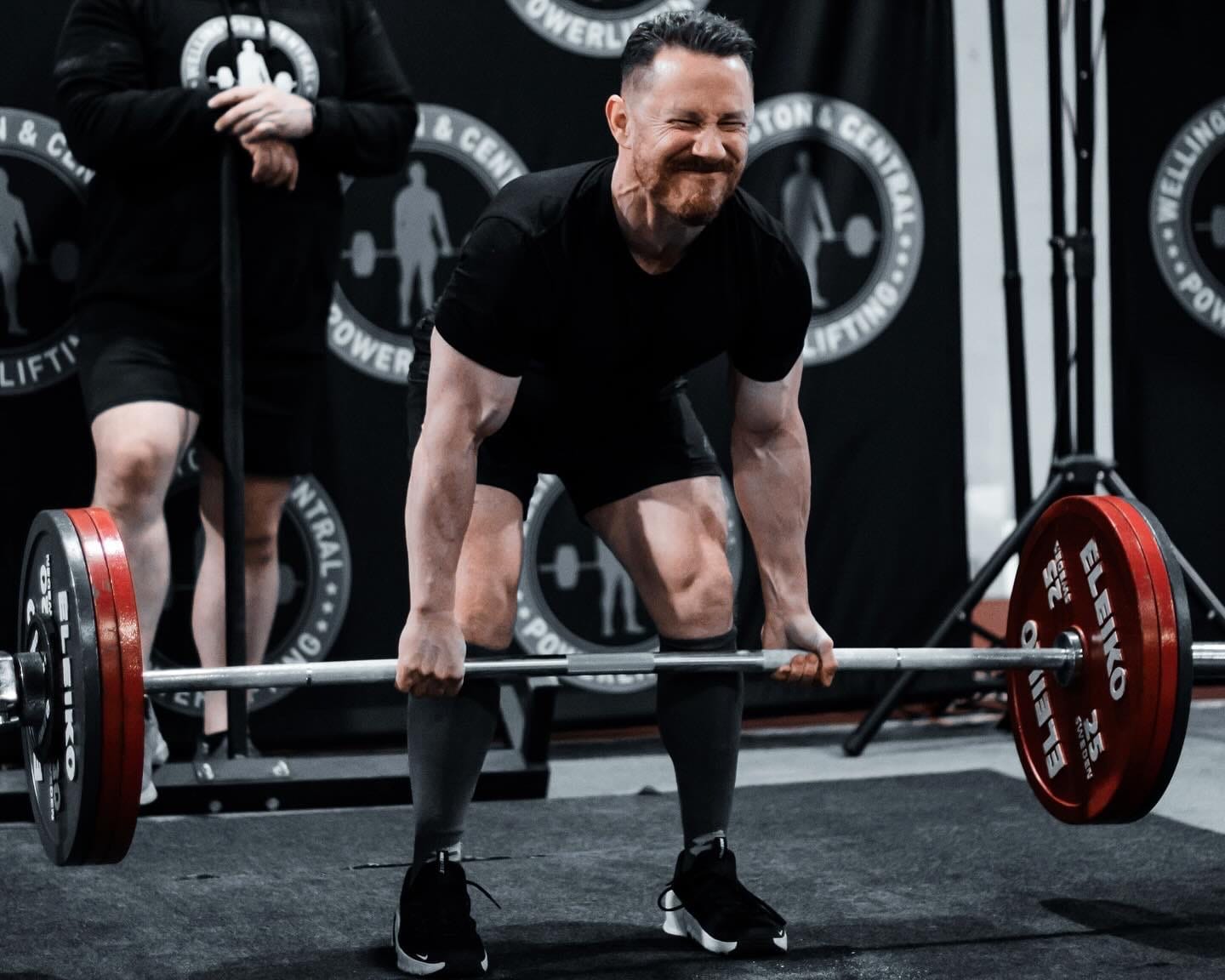
I have a very simple formula that I follow and use for educational purposes: Train hard + recover well = best results. Miss any part of that formula and you are selling yourself short. Recovery really is an area that is gaining a lot of attention, in the wellbeing space and in professional sport. For example, Lebron James reportedly spends $ 1.5 million per year on recovery, which suggests it's worthy of attention.
You don't need to do that though, as most of the results come from very simple things. The 80% things: Fuel properly, sleep well, manage stress (physiological stress), move often and use some specific recovery techniques (least important).
Then there is the important training principle of progressive overload - meaning slow and gradual increases in training intensity or volume. This is more preventative than recovery based, but important to acknowledge as this will help prevent pain and injury if adhered to properly.
Fuel Properly
It's more than just protein. Adequate nutrition plays a central role in physical recovery. Without sufficient fuel, the body cannot effectively repair muscle tissue, replenish glycogen stores, or regulate the hormonal responses necessary for adaptation and performance improvements.
Calories
Total energy intake must match or exceed the demands of training and daily activity to promote recovery. When in an energy deficit, the body prioritizes survival over performance and adaptation, leading to impaired muscle repair, immune function, and recovery capacity (Tipton, 2015). Chronic under-fueling can result in conditions such as Relative Energy Deficiency in Sport (RED-S), which significantly hampers recovery and long-term health.
Protein
Proteeeeein, is the most used word in gym bro lingo! Perhaps they are onto something though…
Protein is essential for muscle protein synthesis (MPS), the process of repairing and rebuilding muscle tissue after training. Research recommends consuming 1.4–2.2 grams of protein per kilogram of body weight per day for active individuals (Phillips & Van Loon, 2011). Distributing protein intake evenly across meals, every 3–4 hours has been shown to optimize MPS throughout the day (Areta et al., 2013).
What about the anabolic window? It seems that there are higher rates of MPS post workout, however the ‘anabolic window’ doesn’t seem to be as short as was previously believed - it may be around 3-4 hours post workout. So you don't need to get post workout anxiety because you forgot your post workout shake, you have time!
Carbohydrates
Carbohydrates have been demonised, particularly recently, but they're not only not scary, they're kinda important! They fuel us (meaning the body and the brain) and are the body’s primary fuel source during moderate to high-intensity exercise.
They are especially critical for replenishing muscle glycogen stores, which become depleted after prolonged or intense training.
Recent research suggests that eating at least 1.2g carbs per kilo of body weight per hour post exercise helps to refill stores and increase recovery. Another study showed that a 3 hour delay in post exercise carb intake reduced next day performance by 30% despite similar glycogen levels to the control group, which shows that post workout carbs are key!
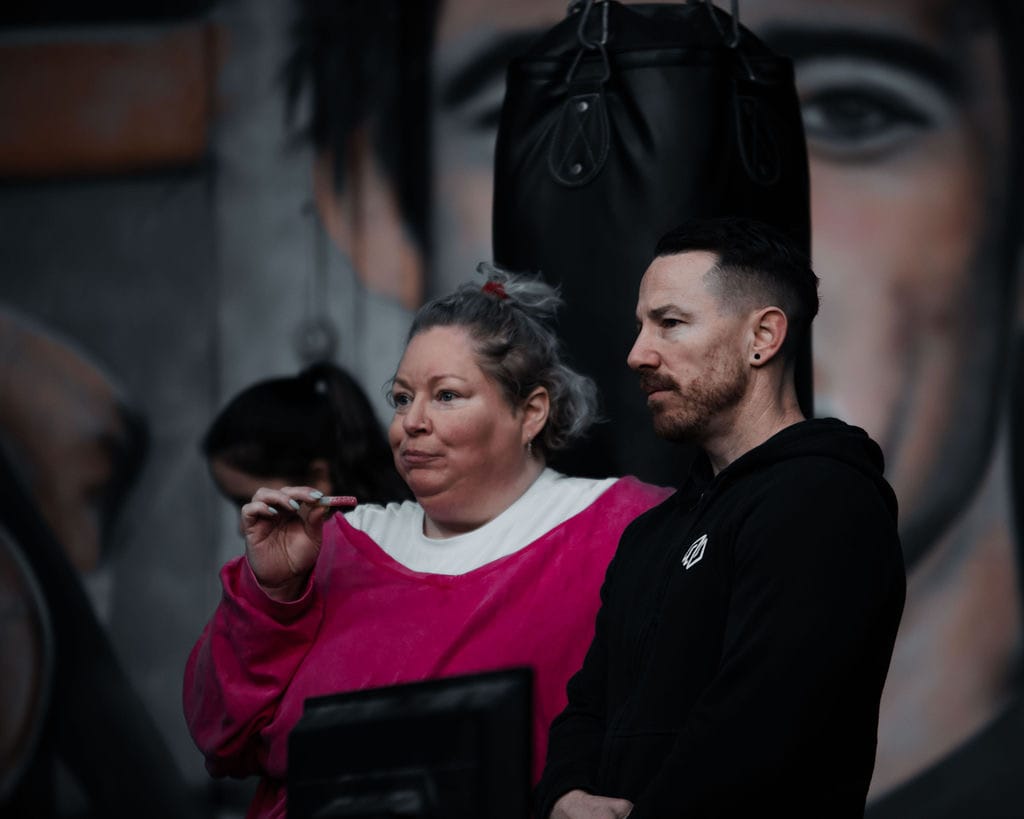
Sleep
How good does it feel after a full and good quality night's sleep?! In fact there was a Southern Cross survey done in NZ and it highlighted that around 24-27% of NZ wake feeling tired and 80% of kiwis would rather have a good night's sleep than a big night out (relatable!).
Both sleep quality and quantity are important for physical recovery. Ideally we experience around 8 hours of sleep and we have around 3-5 complete sleep cycles that dip into around 3-4 hours of deep sleep (see image).
In the first half of our night we experience more deep sleep, deep sleep prioritises physical recovery by increasing blood flow to muscles, releasing growth hormone and this is when tissue growth and cell repair occurs.
Deep sleep can be negatively influenced by certain lifestyle factors, such as excessive alcohol consumption, caffeine timing (my own rule is none after midday) and stress. If you are struggling with sleep here are some basic and research supported tips:
- Habit! The number one thing that will positively influence sleep is consistent sleep and wake times. Sleep thrives on rhythm! Set your alarm and stick with it for a week, your muscles will thank you!
- Daylight in the morning - this helps to set your body clock, called the circadian rhythm and aids the process of being engaged during the day and down regulating when the sun goes down.
- Cold room - we get more sleep and more deep sleep in a cool room, you can also try a warm shower about 1-2 hours pre bed as this will cool your internal body temperature.
- Disengage - instead of doomscrolling in bed try reading a book or even meditating, the less cognitive and emotional engagement the better. This will get you out of flight and flight mode and ready to unwind.
- Kiwi! Recent research suggests that eating 2 kiwi before bed has a positive impact on both sleep quality and quantity! Probably because they contain serotonin, a neurotransmitter and precursor to melatonin, the sleep hormone.
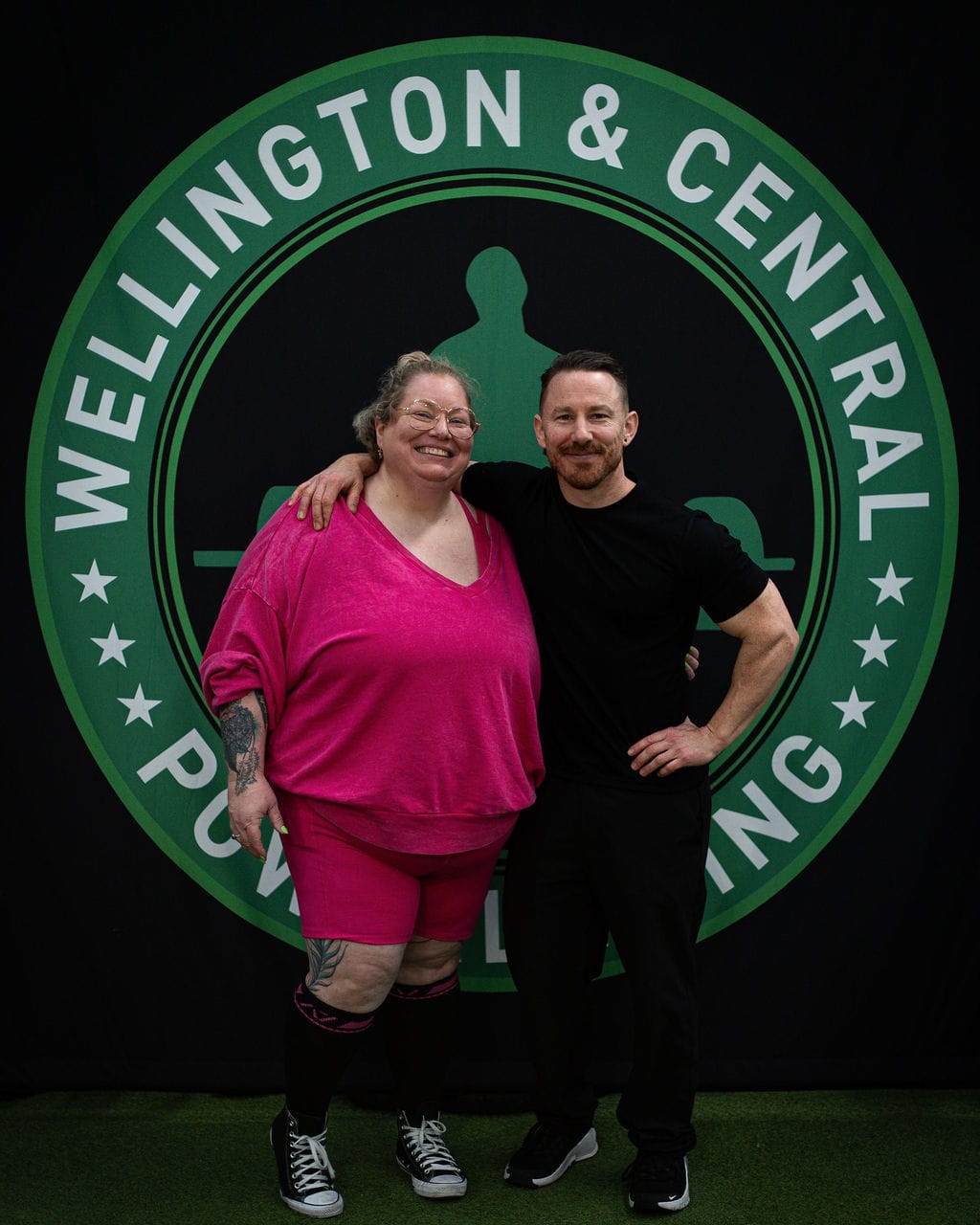
Manage stress:
Stress is important to understand, and especially when it comes to training. Stress isn't always bad (see the ted talk below), but understanding the stressors in your life is important and our system is influenced by them. These can be physical stressors like illness or injury, mental stress (workload etc) or emotional stress.
Physical stress can also take into account eating, staying hydrated and even sleep. A cool tool to measure how these stressors are affecting your body is something you can attain on your smart watch if you have one - Heart Rate Variability (HRV). You may be able to see the score or it may translate to a ‘body battery’ score.
That score will tell you if you should push hard in training or perhaps focus more on recovery! So essentially HRV score is an indicator of how recovered you are! Super useful! But if you don't have this, perhaps just ask yourself some basic questions around these factors and check in with how you are actually feeling.
(Megan here: my Oura ring gives me a recovery score, which takes into account my HRV, resting heart rate, sleep, activity, etc. Hilariously, this week when I was feeling pretty sluggish post comp, it told me my recovery was through the roof. So yes, checking in with how you’re feeling is important!)
Move:
Ever wondered why your niggles feel better after some light mobility or foam rolling? Or why a gentle walk helps ease your DOMS? That’s the power of active recovery—light movement such as walking, gentle cycling, or mobility work. It’s been shown to increase blood flow, speed up lactate clearance, and reduce delayed onset muscle soreness (DOMS) (Milanović et al., 2018).
Active recovery also supports activation of the parasympathetic nervous system—the "rest and digest" branch of the autonomic nervous system—helping your body shift more effectively into a recovery state.
In contrast, prolonged inactivity after intense training can lead to stiffness, reduced circulation, and slower tissue repair. Incorporating daily movement and low-intensity activity helps maintain joint mobility, tissue elasticity, and neuromuscular coordination—all essential for preventing injury and speeding up recovery.
*On the subject of foam rolling, a 2019 meta analysis concluded that foam rolling may be useful in increasing mobility and also reducing muscle pain, but had suggested that it may be better placed as a warm up tool vs a recovery tool.
**In regards to stretching - it seems as if the data is inconclusive for recovery, therefore I’d suggest, if it feels good to do, then do it! I do active mobility work often and sometimes some longer stretches - I do this as it relaxes me and gets me into a sympathetic state (see above).
In Summary - Eat enough, get enough protein throughout the day and get a good whack of post workout carbs! Sleep long and well and apply some sleep hygiene techniques. Understand your stress and measure your recovery (if possible). Move, even if you're sore, move light, walk, mobilize, foam roll etc.
Honorable mentions:
Sauna: Sauna seems to enhance the benefits of resistance training by increasing growth hormone, at the same time it elicits a parasympathetic response, reduce muscle soreness and reduces inflammation which are all good for recovery.
Massage: Massage seems to improve mood, decrease anxiety, reduce muscle soreness and again elicit parasympathetic response - therefore good for recovery! I don’t need science to prove to me that I feel good for it however!
Supplements: The 1-5% ers but still worth mentioning: creatine monohydrate, magnesium, omega 3 fatty acids, tart cherry extract, curcumin.
Oh and no, DOMS is not necessary for gains! In fact it may be a sign that you are not following the progressive overload principle properly!
Cool stuff we saw this week
I have bad news for some of you: Do You Need to Drink Electrolytes
For this of us who struggle to eat first thing in the morning: Is breakfast really the most important meal of the day?
I have loved the Infinite Monkey Cage for a long time (Brian Cox is one of my hall passes). How to build the perfect athlete.
An ode to the humble oat. (Honestly, oats are bloody great.)
Had a break from training? Don't stress, this study showed that a 10-week training break may reduce both muscle size and strength, but 5 weeks of retraining fully restores gains, thanks to 'muscle memory'.
I've always said the best exercise is the one you enjoy, as you're likely to do it sustainably! Check this out: Neuroscience maps the type of workouts that your personality will love
Getting in nature may benefit your back pain - Spending time in large green spaces may calm the nervous system, provide some distraction, and lead to better pain scores.
Higher protein synthesis across the lifespan in women vs men - As we age, both sexes become worse at synthesising protein; however, the decline isn't as bad in women as we get older!
